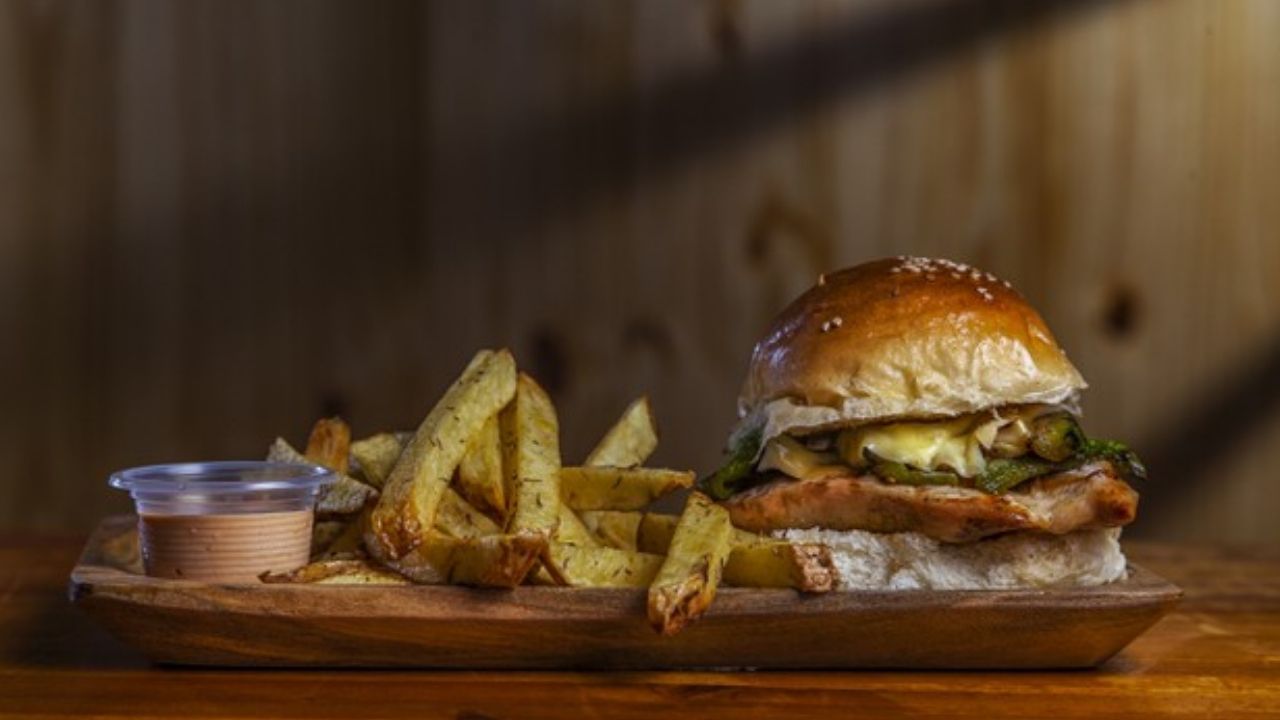A junk food diet may increase the risk of dangerous driving among truck/lorry drivers by boosting fatigue, which is often a key factor in vehicle collisions, suggests research published online in the journal Occupational & Environmental Medicine.
Some 1.35 million people die in road traffic collisions every year, with professional drivers at greater risk because of the time they spend behind the wheel.
There are several known contributory factors, among which gender, age, experience, driving skills and attitudes seem to be important, note the researchers. But lifestyle may also be a factor, particularly as long-distance driving often involves sleep deprivation, unhealthy dietary habits, and limited physical activity, they add.
Few studies have looked at the potential impact of dietary patterns on driving behaviours among professional truck/lorry drivers.
To try and plug this knowledge gap, the researchers assessed whether dietary patterns, fatigue, and driving behaviour might be linked in a sample of 389 male truck drivers from one transport company in Suzhou, China.
Most of the drivers were aged between 31 and 60, with 6 to 10 years of experience under their belts, and an annual tally of between 50,000 and 100,000 km on the road.
Each driver was asked to specify how much and how often they ate any of 25 food items over the previous 12 months in a Food Frequency Questionnaire.
They also completed the Multidimensional Fatigue Inventory, which assesses physical and mental fatigue on a 5-point scale, as well as two validated questionnaires on driving behaviours and attitudes towards other drivers on the road.
Dietary patterns were categorised as: vegetable-rich; staple foods (high intake of carbohydrates, unrefined grains, dairy products and eggs; animal proteins (fish and poultry); and snacks (fried foods, desserts, and sugary drinks).
The vegetable-rich and staple food diets were strongly associated with safe driving behaviours.
The animal protein diet was strongly associated with higher rates of errors, concentration lapses, and minor traffic violations, while the snack diet was strongly associated with unsafe driving behaviour.
Fatigue likely mediated the impact of dietary patterns on driving behaviours, the findings indicated: vegetable-rich and staple food diets were associated with less fatigue, while animal protein and snack diets were associated with greater fatigue.
This is an observational study, and as such can’t establish cause, only correlation. The study relied heavily on recall and self report. And the researchers didn’t glean any information on potentially important factors, such as smoking, physical activity, shift patterns and work stress.
But they point out that eating a lot of unhealthy snacks is often associated with erratic meal-times and disturbed metabolism, which might affect many tasks that require vigilance, alertness, and concentration.
And they conclude: “The results of this study support a relationship between dietary patterns and driving behaviour in a sample of professional truck drivers.
“Moreover, through the pathway analysis reported, it is possible to conclude that positive driving behaviour can be predicted by prudent dietary patterns such as vegetable-rich diets, while some dangerous driving behaviours (errors, lapses and violations), can be predicted by unhealthy dietary patterns characterised by high intake of fats and [sugars].”

 Unhealthy diet linked to greater fatigue: key factor in heightened crash risk, say researchers
Unhealthy diet linked to greater fatigue: key factor in heightened crash risk, say researchers











.jpeg)

.jpeg)
.jpeg)

.jpeg)


.jpeg)



.jpeg)
.jpeg)
.jpeg)


.jpg)


.jpeg)
.jpeg)